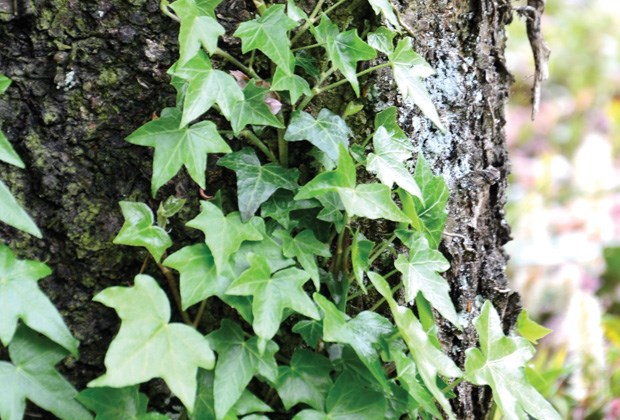West Vancouver's council chamber was invaded Monday night.
Japanese knotweed, giant hogweed, Scotch broom, and English ivy were all on display as council deliberated over just what to do about the invasive species that have sprouted at an alarming rate in recent years.
"This is war on these invasive species, and they can literally overtake us," said Coun. Mary-Ann Booth.
The district needs to enlist its "volunteer army" to tackle the 19 problem plants, said Booth.
"We just can't pay for this," she said.
While the price of repressing the proliferation of plants is difficult to estimate, the district likely needs to increase spending in 2015 to combat the problem, according to Coun. Craig Cameron.
"What we've heard from the working group is ultimately that money spent now will be far more effective than money spent five years from now or even two years from now," he said.
Council voted unanimously to incorporate the invasive plants strategy into their 2015 budget.
The spread of the plants is exacerbated by local garden centres that sell the invasive species.
"It seems to me the height of irony that we're selling at our garden centres the very plants we're saying are a priority to eradicate," Cameron said.
The problem has gotten so bad in the United Kingdom that a homeowner can't get a mortgage if their property has suffered a knotweed outbreak, according to Michael Evison, a member of the district's invasive plant working group.
Besides putting cracks into infrastructure, the species are also the second biggest threat to global biodiversity after habitat loss, according to a district report.
The invasive species are each monocultures, explained Evison, which means all other plants are eventually eliminated from the area where the worst offenders like knotweed and hogweed flourish.
Eradicating the plants is complicated by a jurisdictional wrinkle, noted Coun. Michael Lewis.
District staff can't cross the line from public to private property, but the plants have no problem traversing those borders.



